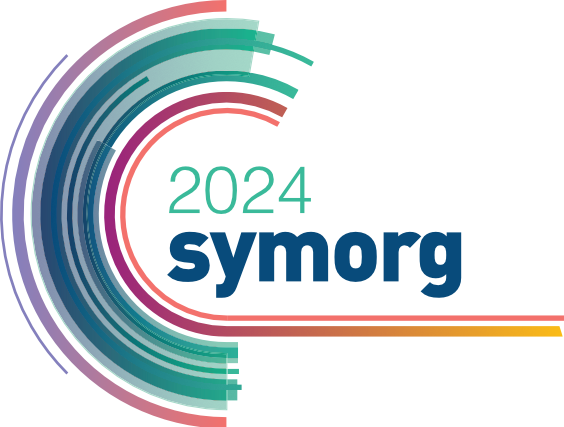Priyanka Harjule, Ph.D.
Assistant professor
Department of Mathematics
Malaviya National Institute of Technology Jaipur (MNIT), India
A Short Biography
Dr. Priyanka Harjule is currently working as Assistant Professor in the Department of mathematics, MNIT Jaipur. Before Joining MNIT, she worked at Indian Institute of Information Technology (IIIT) Kota, as Assistant Professor for two years. During her time at IIIT Kota she has established and set up an e-learning and data analytics lab (elda lab). Currently she is also the coordinator for Centre for e-learning (CeL) at the Information and Communication Centre, MNIT Jaipur. Her research interests include Fractional calculus, Mathematical and statistical Modelling, E-learning, Machine learning and Image Processing.
In the last two years she has worked and published in reputed Journals on development of fractional derivative masks for texture enhancement of medical images and development of fractional order models for viscoelasticity in lung tissues. She has also published papers related to COVID-19 research which includes mathematical modelling for evolution of COVID-19 pandemic in India, applications of machine learning techniques on analysis of impact of online education on the mental health and anxiety levels of school children and their parents in India and finally investigated the causes and impact of misinformation sharing amongst college students during COVID-19 pandemic in India. She was recently granted a patent (Patent No. 2020103810) on Method for Detecting Fake News from the Australian Government. She has also worked on text classification problems with different machine learning classifiers. She is a lifetime member of Society for Special Functions and their applications (SSFA).
E-mail Gmail Personal page Twitter
The topic and presentation abstract
Applications of intelligent optimization techniques in sustainability
As per the current research trends applications of optimization techniques in sustainability have proven to be topics with diverse concepts, elements, and aspects and are the driving force towards attaining the sustainable development goals. The primary objective of optimization techniques is to improvise the overall sustainable management by satisfying the objective functions. Therefore, applications of optimization techniques and algorithms are significant and important to achieve the sustainable development. As per the literature, sustainability is defined to be the technology that meets today’s needs without jeopardizing the future generations’ ability to meet their own needs.
One of the most important tools to achieve sustainability is Optimization. Mathematically optimization is defined as the selection of the best element with respect to some criterion/restrictions. It is a search process to find the optimum solution for a given network parameters using all feasible solutions. The complex nature of many real-life problems calls for applications of optimization methods to obtain a sustainable solution. Intelligent optimization algorithms are crucial for obtaining solutions to such kinds of problems. Classical optimization methods cannot be used for several complex scientific problems that require solutions with accurate computations and appropriate time. Powerful intelligent optimization techniques based on the natural phenomenon are used in order to design artificial computational methods for solving complex optimization problems. These are called metaheuristic methods. In this talk I will provide an overview of metaheuristic optimizers used in various disciplines for attaining sustainable solutions. I will also provide case studies in which optimization methods are used for managing various issues related to social sciences in post COVID-19 era specifically in India.
















